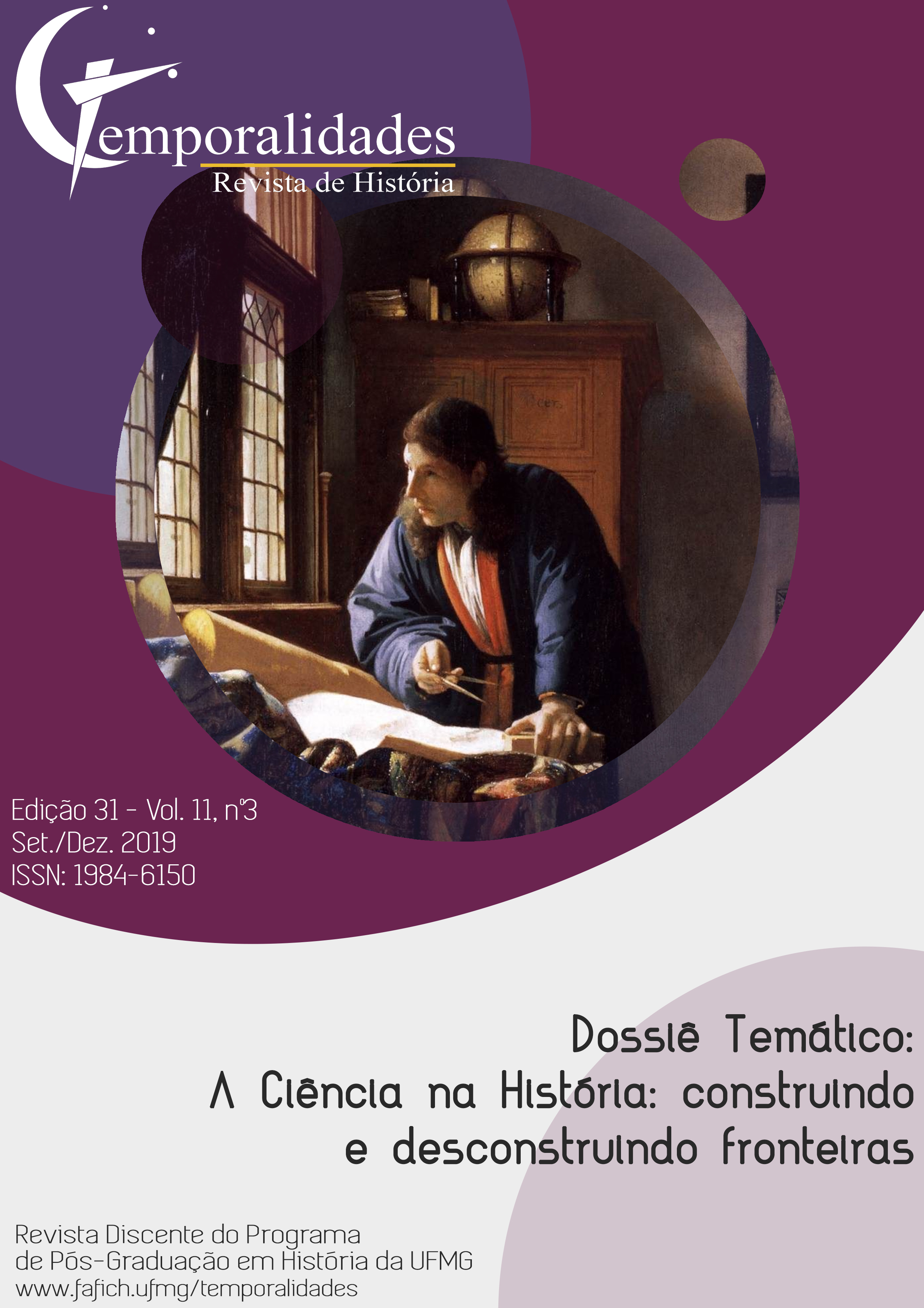Approach of the Brazilian Military Dictatorship (1964-1985) in the second edition of the History in Motion textbook
Abstract
In this article, we will analyze the textbook History in Movement, in its second edition, in order to understand the way in which this material addresses the period referring to the Brazilian Civil-Military Dictatorship (1964-1985). To this end, we will begin by making a historical contextualization of the textbook in Brazil in the last decades, focusing on the National Textbook Program and its system of prior selection. In the analysis of the material we will find that there is still room for divergences in the narratives of the past, especially due to the references from which the authors prepared the textbook. From our references, we will bring another interpretation to the theme, reflecting the importance of not narrating the Civil-Military coup as a determinism, the impertinence of the division between supposedly “hardline” and “moderate” military to understand the period, and that the idea of “democracy” from the military was different from the democratic ideals of the opponents.
Downloads
Downloads
Published
Issue
Section
License
O(A) autor(a), para fins de submissão à revista Temporalidades, deve declarar que o trabalho aqui submetido é de autoria do mesmo e nunca foi publicado em qualquer meio, seja ele impresso ou digital.
O(A) autor(a) também declara estar ciente das seguintes questões:
Os direitos autorais para artigos publicados na Temporalidades são do autor, com direitos de primeira publicação para o periódico;
Em virtude de aparecerem nesta revista de acesso público, os artigos são de uso gratuito;
A revista permitirá o uso dos trabalhos publicados para fins não-comerciais, incluindo direito de enviar o trabalho para bases de dados de acesso público.
A Temporalidades adota a licença internacional Creative Commons 4.0 (CC BY).







